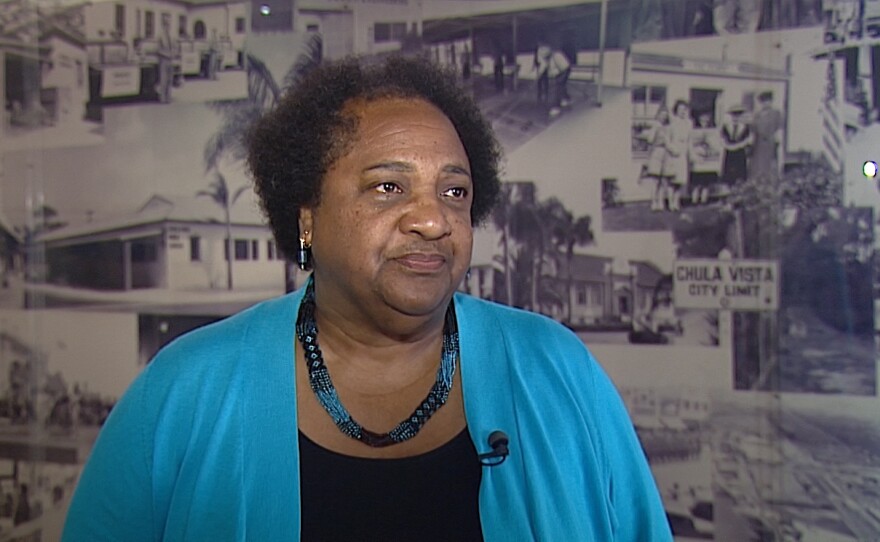Ever since the California Reparations Task Force was first established in 2020, one of the thorniest questions it has had to answer is who will qualify for reparations meant to redress the harms of slavery.
The bill that led to the creation of the task force, AB 3121, states that any reparations proposal should give “special consideration for descendants of persons enslaved in the United States.”
But given the systemic anti-Black racism that persisted after emancipation, the task force has questioned whether reparations should also include recent African immigrants or Black people whose lineages are from different parts of the world.
RELATED: Reparations are for descendants of Black slaves, Weber says
During the task force’s first meeting of 2022 on Thursday, Secretary of State Shirley Weber, who authored AB3121, made it clear she believes priority must be given to those that descended from slavery in the United States.
“Reparations are for those who are the descendants of slaves first because of the hundreds of years they suffered of no wages or the ability to own land,” she said. “Their ties are permanently severed from their homeland and their ability to return to Africa is almost impossible.”
Weber, whose grandfather and father were both sharecroppers in Arkansas, argued that the racial terror and lack of economic support that formerly enslaved people experienced after emancipation curtailed future generations’ ability to even dream of a better life.
“And that in itself created such a tremendous fear and psychological impact that black people almost did not dream of anything other than mere survival,” she said, recalling her own grandfather’s experience living through the 1919 Elaine massacre, one of the deadliest instances of racial violence directed at Black Americans in Arkansas history.
“That becomes important as we talk about the impact of slavery versus those who were never slaves, who came to this county from other places, who had aspirations and visions of themselves,” she said.
Weber continued to say that she believes President Barack Obama was only able to become president because his dreams and aspirations were never limited and instead encouraged by this White mother and Kenyan father, neither of whom descended from slavery.
RELATED: Reparations Task Force prepares to tackle eligibility with eye towards Supreme Court
Lisa Holder, an attorney and task force member, inquired about the global nature of slavery and questioned whether those enslaved in the Caribbean or Latin America could receive reparations.
“I am dealing with what the United States’ responsibility is,” Weber responded. “If we decide to solve all the problems of the world, we will probably get 50 cents each.”
Weber also clarified she believes those descended from free Black people who lived in the United States during slavery still experienced the harm of slavery and should also be considered for reparations.
She also said those with roots in California and no longer live in the state should not qualify.
The Reparations Task Force will ultimately decide who will be eligible for reparations but has not done that yet. It’s expected to release a formal reparations proposal by June 2023.
To participate or view the Reparation Task Force meeting visit:
https://oag.ca.gov/ab3121/meetings






